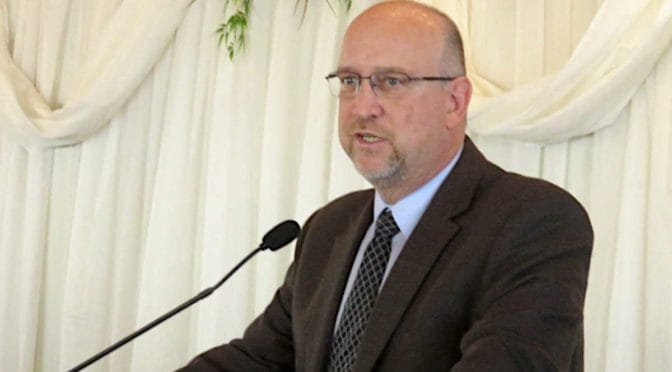Tag: Wichita city council
-

Update: Wichita city sales tax not passed
There was no successful Wichita city sales tax election. City documents were mistaken, which raises more issues.
-

In Wichita, no tenant poaching, unless waived
The city of Wichita has included anti-poaching clauses in development agreements to protect non-subsidized landlords, but the agreements are without teeth.
-

Wichita city sales tax passed
Wichita voters might be surprised to learn that they passed a city sales tax, according to city documents.
-

Slow down on Wichita ballpark land deal
A surprise deal that has been withheld from citizens will be considered by the Wichita City Council this week.
-

Is the Wichita mayor satisfied with this?
A gloomy jobs forecast is greeted with apparent approval by Wichita Mayor Jeff Longwell.
-

Naftzger Park costs up, yet again
The cost of fixing an oversight in the design of Naftzger Park in downtown Wichita is rising, and again we’re not to talk about it, even though there are troubling aspects.
-

From Pachyderm: Wichita Mayor Jeff Longwell
From the Wichita Pachyderm Club: Jeff Longwell, Mayor of the City of Wichita.
-

Facade improvement program raises issues in Wichita
An incentive program in Wichita should cause us to question why investment in Wichita is not feasible without subsidy.
-

Naftzger Park cost rising, and we’re not to talk about it
The cost of the Naftzger Park makeover is rising, will be paid for with borrowed funds, and possibly handled without public discussion.
-

In Wichita, a gentle clawback
Despite the mayor’s bluster, Wichita mostly lets a company off the hook.
-

Wichita City Council to consider a clawback
The unrealized potential of an economic development incentive teaches lessons.
-

Starlite loan isn’t needed
The Wichita City Council seems poised to enter an unnecessarily complicated transaction.